Brazil and Colombia Urge Transparency in Venezuelan Electoral Process
In a concerted effort to address the ongoing electoral crisis in Venezuela, the presidents of Brazil and Colombia, Luiz Inacio Lula da Silva and Gustavo Petro, have once again urged President Nicolás Maduro to publicly disclose the official voting tallies from the recent elections. This call for transparency follows the Venezuelan Supreme Court’s endorsement of the government’s contentious assertions regarding its electoral victory in July.
In a meticulously crafted joint statement on Saturday, Presidents Lula and Petro emphasized that restoring credibility to the electoral process is contingent upon the clear and accessible publication of detailed and verifiable electoral data. Their statement reflects a growing urgency, as the Venezuelan government has faced serious allegations of electoral malpractice amidst reports of widespread violence and repression against dissenters.
This reiteration of calls for transparency coincides with a broader regional sentiment, as several Latin American nations and the United States have voiced their disapproval of the high court’s certification of the government’s actions. Observers have noted the significance of Lula and Petro’s position, considering their historically supportive relationships with the Maduro administration, and their ongoing efforts to mediate negotiations between rival political factions.
While both leaders acknowledged the court’s ruling, they expressed their anticipation for the release of the official voting tallies. President Maduro maintains that he emerged victorious in the presidential election; however, he has yet to produce the official tally sheets, which are deemed essential for verification by independent observers. Opponents of the regime claim that Maduro’s refusal to make these tallies public is an attempt to obfuscate electoral fraud and suppress the truth.
Furthermore, opposition volunteers have been able to gather data from 80% of Venezuela’s 30,000 polling places, indicating that former opposition candidate Edmundo González may have won by a significant margin. In stark contrast, the Supreme Court has alleged that these alternative tallies are fraudulent, intensifying tensions within the nation.
As public discontent mounts, Lula and Petro have urged Venezuelan authorities to refrain from resorting to violence and suppression of dissent, following reports of over 2,000 arrests amid protests against the election results. Although the presidents did not directly accuse the Maduro government of instigating violence, their comments reflect a growing concern for the humanitarian implications of the ongoing crisis.
Despite facing criticism for adopting a seemingly lenient stance toward Maduro’s regime, both leaders have recently adopted a firmer tone in light of the electoral aftermath. The geographical proximity of Brazil and Colombia to Venezuela lends further significance to their commitment to foster dialogue between the Maduro government and opposition groups. They affirmed their dedication to facilitating discussions aimed at achieving a more democratic and peaceful political landscape in Venezuela.
In conclusion, the political normalization of Venezuela is increasingly recognized as being reliant upon the establishment of a durable framework for peaceful dialogue and democratic coexistence, a sentiment echoed in the leaders’ recent statements. Their unified call for transparency in the electoral process and a cessation of violence underscores a pivotal moment for Venezuela and its political future.
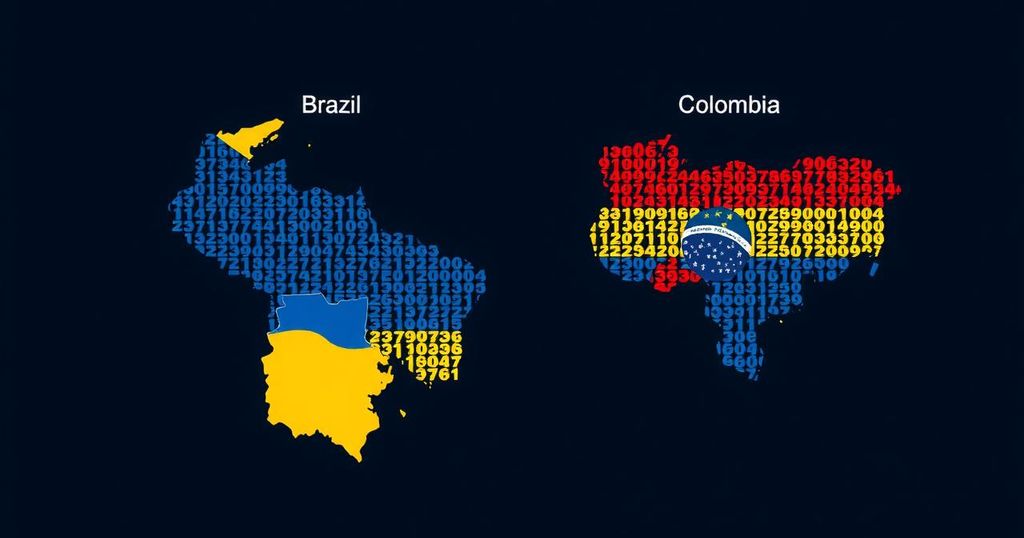
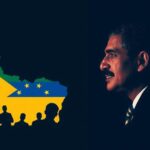
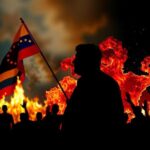
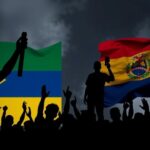
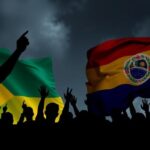



Post Comment